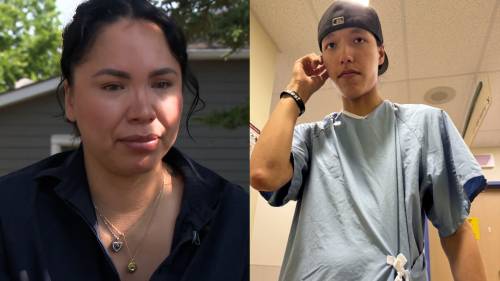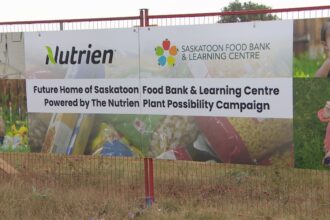The promise of equal healthcare for Indigenous children in Canada stands on increasingly shaky ground as 15-year-old Jayden White from Calgary sees his health deteriorate while waiting for critical funding approvals. What was designed as a lifeline—Jordan’s Principle—has become yet another bureaucratic labyrinth for families desperately seeking timely medical interventions.
“We’ve been waiting nine months for a decision that should take weeks,” explains Jayden’s mother, Sarah White, her voice tense with frustration. “Every day without proper care means his condition worsens, but the system keeps asking for more paperwork, more assessments, more proof.”
Jordan’s Principle, named after Jordan River Anderson, a First Nations child who died in hospital while governments disputed who should pay for his home care, was established to ensure Indigenous children receive the healthcare they need without delays caused by jurisdictional disputes. The principle mandates that the government of first contact must pay for services and seek reimbursement later, preventing children from being caught in bureaucratic crossfire.
However, the reality on the ground tells a different story. According to recent data from Indigenous Services Canada, processing times for Jordan’s Principle requests have increased by 37% over the past two years, with complex cases often taking months rather than the promised 48-hour timeline for urgent needs.
For Jayden, who requires specialized mobility equipment and therapy services for a progressive neuromuscular condition, these delays aren’t merely inconvenient—they’re potentially life-altering. Medical specialists monitoring his case have documented concerning declines in his respiratory function and mobility while funding applications languish in administrative review.
“We’re seeing a disturbing pattern across the country,” notes Dr. Alika Lafontaine, president of the Canadian Medical Association. “Indigenous children are experiencing differential access to care despite court rulings that should prevent exactly this scenario.”
The Canadian Human Rights Tribunal has ruled multiple times that the federal government’s implementation of Jordan’s Principle has been discriminatory, most recently ordering Ottawa to expand eligibility criteria and streamline the approval process. Despite these legal directives, families like the Whites continue to face extraordinary hurdles.
Indigenous Services Minister Patty Hajdu’s office maintains that the government has approved over 2.5 million products, services and supports through Jordan’s Principle since 2016, representing an investment exceeding $6 billion. However, advocates argue that these statistics mask critical gaps in timely access.
“The system continues to function as though proving need is more important than addressing it,” says Cindy Blackstock, Executive Director of the First Nations Child and Family Caring Society. “When we’re talking about children’s health, especially conditions that worsen over time, these delays constitute a form of discrimination that has real, measurable impacts.”
For the White family, each passing day represents not only a personal struggle but a troubling reflection on Canada’s commitment to reconciliation and equitable healthcare. Sarah has now taken leave from her job to provide full-time care for Jayden and navigate the increasingly complex funding applications.
“We shouldn’t have to become policy experts or hire advocates just to access services that other Canadian children receive without question,” she says. “The principle is sound—it’s the implementation that’s failing our children.”
As Jayden awaits decisions that will determine his access to specialized care, his case raises a profound question for all Canadians: If a system designed specifically to prevent delays in healthcare for Indigenous children is itself causing those very delays, what does this reveal about our progress toward true reconciliation in healthcare?










